 Mental health is just as important as physical health, yet it is often overlooked. Negative emotions and behaviors can interfere with your daily life and it may be a sign that you need professional help. Therapy is an effective way to address mental health issues and improve your overall well-being. Here are the top 7 signs you need therapy and some examples of each:
Mental health is just as important as physical health, yet it is often overlooked. Negative emotions and behaviors can interfere with your daily life and it may be a sign that you need professional help. Therapy is an effective way to address mental health issues and improve your overall well-being. Here are the top 7 signs you need therapy and some examples of each:
-
Overwhelming feelings of sadness or hopelessness
If you have been feeling down or hopeless for an extended period of time, it may be a sign of depression. Depression is a common mental illness that affects millions of people worldwide. Symptoms may include difficulty sleeping, loss of appetite, lack of energy, and difficulty concentrating. Anecdotal examples of depression include feeling uninterested in activities that you once enjoyed, or feeling like life is meaningless. Therapy can help you identify the root cause of your depression and provide you with coping mechanisms to manage your symptoms.
-
Chronic stress and anxiety
Stress and anxiety are normal responses to challenging situations. However, if you feel anxious or stressed all the time, it may be a sign of an anxiety disorder. Symptoms may include excessive worrying, restlessness, and irritability. Chronic stress and anxiety can impact your physical health, leading to high blood pressure, heart disease, and other health problems. Some examples of anxiety include feeling nervous before a public speaking event or having a panic attack before a job interview. Therapy can help you identify the triggers that cause your stress and anxiety and provide you with effective techniques to manage them.
-
Difficulty coping with life changes
Life is full of changes, some positive and others negative. While some people adapt easily to change, others struggle to cope. If you are having difficulty coping with a significant life change, such as a divorce, job loss, or the death of a loved one, therapy can help you process your emotions and provide you with support and guidance. Examples of this difficulty coping with life changes include feeling overwhelmed with grief after the loss of a parent, or feeling anxious about finding a new job after being let go from your previous one.
-
Relationship problems
Relationships are a crucial aspect of our lives, and when they’re not going well, it can have a significant impact on our mental health. If you’re experiencing problems in your relationships, whether with your partner, family members, or friends, therapy can help you identify the underlying issues and provide you with effective communication strategies to improve your relationships. Examples of relationship problems include feeling disconnected from your partner after years of marriage or feeling angry with a friend after a disagreement.
-
Unhealthy coping mechanisms
When faced with difficult emotions or situations, some people turn to unhealthy coping mechanisms such as alcohol, drugs, or overeating. These behaviours can be harmful to your physical and mental health and can lead to addiction. Anecdotal examples of unhealthy coping mechanisms include drinking to cope with anxiety or overeating to cope with stress. Therapy can help you identify healthier coping mechanisms and provide you with the tools to manage your emotions in a more positive way.
-
Loss of interest in activities you once enjoyed
If you’ve lost interest in activities you once enjoyed, it may be a sign of depression or another mental health issue. A lack of interest in activities you once enjoyed can impact your quality of life and lead to feelings of isolation and disconnection. Anecdotal examples of losing interest in activities you once enjoyed include not wanting to go out with friends or feeling bored with hobbies that used to bring you joy. Therapy can help you identify the root cause of your lack of interest and provide you with strategies to re-engage with the activities you once enjoyed.
-
Trauma
Trauma can have a lasting impact on your mental health and well-being. Whether it’s the result of a natural disaster, physical or emotional abuse, or a significant event such as a car accident or the sudden death of a loved one, trauma can cause ongoing distress and interfere with your daily life. Symptoms may include flashbacks, nightmares, anxiety, and depression. Anecdotal examples of trauma include feeling fearful or panicked when in situations that remind you of the traumatic event or experiencing nightmares related to the trauma. Therapy can help you process your emotions and provide you with coping mechanisms to manage the symptoms of trauma.
If you’re experiencing any of these signs, know that you’re not alone. Seeking help can be scary, but it’s the first step towards feeling better. Whether you choose to speak with a therapist, a doctor, or a trusted friend or family member, know that there are people who care and want to help you.
Remember that mental health is just as important as physical health. Taking care of our minds and emotions is essential for living a happy, healthy life. By recognizing the signs that you need therapy and seeking professional help when necessary, you’re taking a proactive step towards improving your mental health and overall well-being.






This Post Has One Comment
Thanks for the heads up that therapy could help revitalize how you enjoy certain activities that you stopped enjoying several years ago. I have a friend who has been out of touch with her favorite games recently, and she’s not sure why. I’ll discuss this information with her so that she can try out therapy.